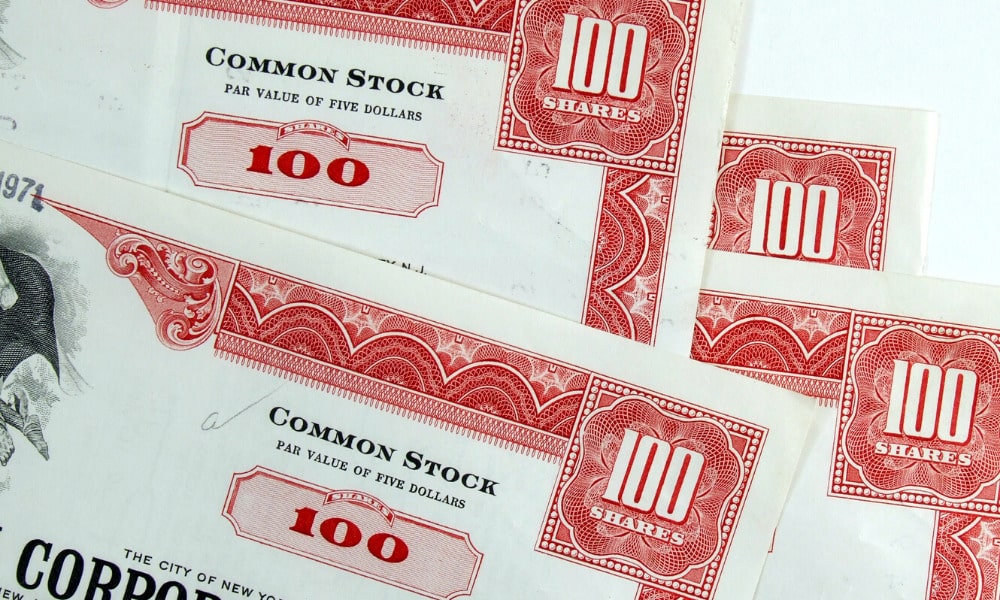People have invested in stocks for centuries. Stock certificates are often kept in envelopes, safe deposit boxes, or file drawers where they can languish unseen for several generations.
The paperwork, such as stock certificates, may be dormant, but the value can fluctuate substantially over time. Some shares may be worth a considerable sum if the share values increased, or if another corporation acquired the original company stock. In some estates, however, the old stocks may be mostly worthless if the corporation went out of business or the stock share prices decreased significantly.
What do I do if I find an old stock?
The estate representative must obtain proper guidance if they hold old stocks. Research of the stock history will most likely be required to ascertain the correct valuation of the stocks. Once the stock values are identified, the estate must find a shareholder service company that can provide the stock sale or transfer the paperwork, which must be completed to obtain the money accumulated in those stocks.
Timothy Rice Estate & Elder Law has handled numerous estates that contain stock shares. Recently, the firm was engaged by an executor who located a stock owned by his grandfather dating back to 1920. That company’s stock split multiple times over the past 100 years, which resulted in a substantial bounty well beyond the expectations of the executor.
While the stock results vary with each state, the lessons are the same: retain and gather the stock papers as soon as possible and see an estate attorney for guidance on how to (hopefully!) turn those stock certificates into money for the estate beneficiaries.
If you have recently found old stocks and are unsure how to add them to your estate plan, please contact our office, and we can help you with this and any other estate planning questions at 856-782-8450 or [email protected].



